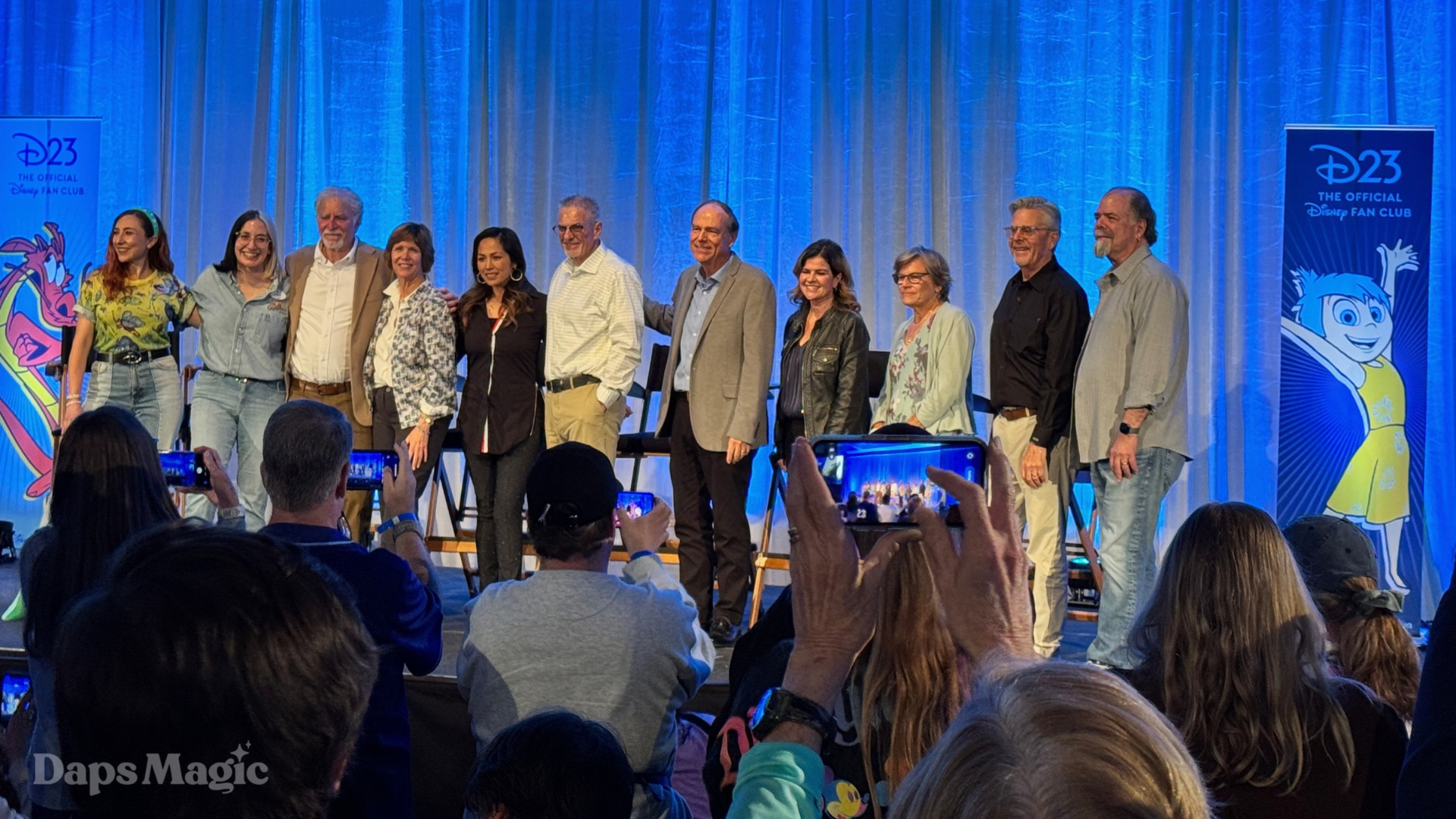Postbaccalaureate certificate program begins in fall 2014
AUSTIN, Texas – Nov. 11, 2013 – The Denius-Sams Gaming Academy at The University of Texas at Austin has appointed video game industry leader Warren Spector as director. Spector, who earned a master’s degree in radio-television-film from UT Austin in 1980, is a 30-year veteran of the video game industry who has worked on more than 20 production teams as designer, director or producer. He is best known for his work on the “Ultima,” “System Shock,” “Deus Ex” and “Disney Epic Mickey” game series.
“Having worked with the folks at UT Austin in an advisory capacity for the last year, I’ve become more and more impressed with the seriousness of their intent,” Spector said. “There’s a real commitment here to create something unique and excellent, delivering something the games industry needs and wants — more and better prepared creative and business leaders. I’m not making a game right now, but I feel like I’m doing something even more important — designing a program that benefits students and the games industry by helping to train the leaders of tomorrow.”
Set to begin in the fall of 2014, the academy will be led and taught by gaming industry executives offering students advanced training in game development with a unique focus on the arts of creative and business leadership.
“Warren Spector is the ideal leader for the Denius-Sams Gaming Academy,” said Roderick P. Hart, dean of the Moody College of Communication. “He’s highly regarded in the industry for his professional achievement, passion for gaming and vision for the business, and we are delighted to have him as our director.”
One of Spector’s first tasks as Denius-Sams Gaming Academy director is to form a development council to guide the curriculum and recruit industry partners. So far, industry leaders who have agreed to serve on the council include Richard Garriott de Cayeux, founder of Origin, creator of the “Ultima” series and founder of Portalarium; Richard Hilleman, chief creative officer of Electronic Arts; Greg LoPiccolo, chief creative officer of Harmonix Music Systems; and BioWare co-founder Greg Zeschuk.
“One of the most challenging aspects of building a team in the gaming industry is finding top-level talent with solid leadership capabilities, so I was excited to learn that training leaders was the goal of the new Denius-Sams Gaming Academy at The University of Texas at Austin,” Zeschuk said. “Being asked to contribute as a member of the development council for the program was a great honor, and I believe under Warren’s leadership, the academy is destined for great things.”
Students in the industry-driven Denius-Sams Gaming Academy will earn a postbaccalaureate certificate. During the course of two 15-week semesters, students will participate in courses exploring creative leadership issues, team management processes and business best practices.
In an intensive, five-day-a-week lab, students will work together to create a game of significant scope, with each student getting an opportunity to take a leadership role. Context-setting courses and compressed-timeline labs will give aspiring producers and directors tools they need to succeed in the workforce.
Admission to the academy will be highly competitive, with only 20 spots available for 2014. Admitted students in the first year will receive a tuition waiver and a $10,000 stipend to assist with fees and housing expenses — the only game design program to do this.
More information on applying to the Denius-Sams Gaming Academy will be available in the coming months. Interested students can visit the academy’s website and sign up to receive email updates when more information is available.
The Denius-Sams Gaming Academy was made possible by the Cain Foundation and Paul and Susan Sams (B.J., Journalism ’92) and is a joint effort of the Moody College of Communication, the College of Fine Arts and the Department of Computer Science. The academy is also supported by the Provost’s Office at the university.
The Denius-Sams Gaming Academy complements the university’s undergraduate Game Development Program, which culminates in a capstone project course in video game development.
As of Oct. 31, 2013, the Denius-Sams development council members are:
- Stephanie Barish — Founder of IndieCade
- Erik Bethke — CEO, Bee Cave Games
- David Bettner — Founder, Curious Science; co-creator of “Words With Friends”
- Jim Butler — Manager, Creative Industries Development for the City of Austin
- Wofford Denius — Director, Cain Foundation; co-founder, Denius-Sams Gaming Academy
- Brad Graeber — CEO, Powerhouse Animation Studios
- Mike Grajeda — Former GM, Origin/Electronic Arts; former COO/CFO, Junction Point Studios
- Roderick P. Hart — Dean of The University of Texas at Austin Moody College of Communication
- Richard Hilleman — CCO, Electronic Arts
- Max Hoberman — President, Certain Affinity
- Greg LoPiccolo — CCO, Harmonix Music Systems
- Michael Ryder — VP of Cinematic Operations, Blizzard Entertainment
- Paul Sams — COO, Blizzard Entertainment
- Fred Schmidt — Principal at Bullseye Business Development; co-founder, Portalarium
- Gordon Walton — Consultant; former VP, Playdom
- Chris Weaver — Founder, Bethesda Softworks; lecturer and adjunct professor, MIT
- Mike Wilson — Assistant dean for external relations, Moody College of Communication
- Geoff Yetter — Animation & Video Games Liaison at Texas Film Commission
- Greg Zeschuk — Co-founder of BioWare
About The University of Texas at Austin Moody College of Communication
One of the nation’s foremost institutions for the study of advertising and public relations, communication sciences and disorders, communication studies, journalism and radio-TV-film, The University of Texas at Austin Moody College of Communication is preparing students to thrive in an era of media convergence. Serving more than 4,700 undergraduate and graduate students, Moody College is nationally recognized for its faculty members, research and student media. For more information about the Moody College of Communication, visit http://moody.utexas.edu.





